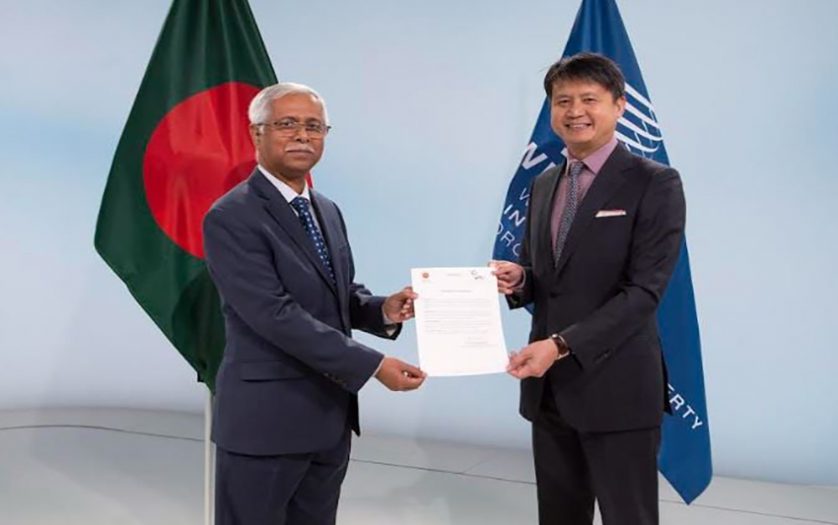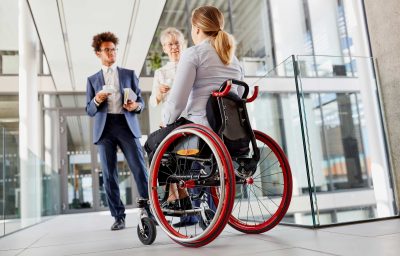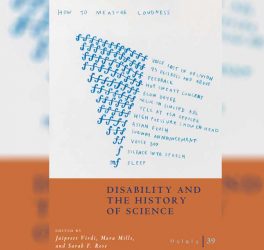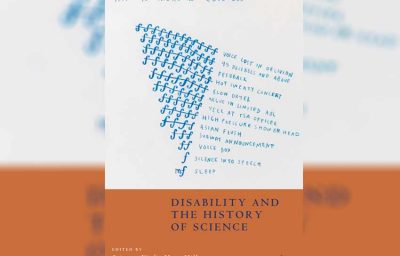
Imagine a world where information is a luxury that only a few can afford. A world where people with disabilities are denied access to the same information and educational opportunities as others. Unfortunately, this is the reality for millions of people worldwide, including in Bangladesh.
The Marrakesh VIP treaty facilitates access to published works for persons who are visually impaired, and persons with print disabilities. By removing barriers to accessing published materials, the Treaty has the power to transform the lives of millions of people with disabilities to create an inclusive educational environment.
The Treaty allows for the production and distribution of accessible format copies of published works from the copyright holder. This means that people with visual disabilities and those with print disabilities that prevent them from reading printed materials can access published materials in accessible formats, including accessible digital books.
The impact of the Marrakesh VIP Treaty goes beyond just access to information and education. It has the potential to support the development of a knowledge-based economy, promote transparency and accountability, and reduce stigma and discrimination against people with disabilities.
However, to fully realize the potential of the Treaty, Bangladesh has successfully deposited instruments of its accession to the Marrakesh VIP Treaty of the World Intellectual Property Organization (WIPO) to facilitate access to published works for the blind, visually impaired, or people with print disabilities. Md Mustafizur Rahman, Ambassador and permanent representative of Bangladesh to UN offices and other international organizations in Geneva, presented the instrument of accession to the Marrakesh VIP Treaty to WIPO Director General Daren Tang at the International Intellectual Property Organization (WIPO) headquarters in Geneva on 26 September 2022.
Bangladesh became the 116th nation in the world to sign this agreement to improve the accessibility of books and reading materials for people with visual and print disabilities.
The Marrakesh VIP Treaty was adopted on 27 June 2013 at a diplomatic conference of WIPO, the United Nations specialized agency, in Marrakesh in Morocco. Under the WIPO-administered Marrakesh Treaty, it facilitates the creation and international transfer of specially adapted books (such as the Daisy Multimedia Talking Book, Braille, etc.) for people of other countries with a visual disability easier by establishing a set of limitations and exceptions to traditional copyright law. The Treaty entered into effect on 30 September 2016. Before Bangladesh, 115 other nations worldwide, including neighboring countries like India, Nepal, and Sri Lanka, signed this Treaty.
After signing the Treaty, WIPO Director General Daren Tang said, “Thanks to today’s accession, Bangladesh will now have access to all accessible books for the visually impaired youth of the country to ensure their full participation in economic, social, and cultural life. WIPO looks forward to continuing important collaboration with Bangladesh to improve the quality of life of people with all kinds of reading disabilities, including the visually impaired.”
An estimated 340,000 visually impaired people in Bangladesh will have access to more than 800,000 accessible books via WIPO’s “Accessible Book Consortium” because of the Marrakesh Treaty. In the meantime, the Ministry of Social Welfare and a2i jointly facilitated Multimedia Talking Book, developed an Accessible Dictionary, distributed Braille textbooks at the beginning of the academic year, and set up a specially designed ICT Lab for visually impaired students to intensify their skills and ensuring other much-needed amenities. To improve the living standards of persons with disabilities in Bangladesh, a2i has been working jointly with different departments and ministries of the government and private organizations, including the Prime Minister’s Office, Ministry of Cultural Affairs, Ministry of Foreign Affairs, Cabinet Division, Information and Communication Technology (ICT) Division, and Copyright Office. Bangladesh has taken a step forward in paving the way to attaining the United Nations Declaration on the Rights of Persons with Disabilities (UNCRPD) and Sustainable Development Goals (SDG-4) by 2030 by ratifying the Marrakesh Treaty, which guarantees all people with disabilities will have equal opportunity in education and economic development.
In conclusion, the Marrakesh Treaty is not just an international agreement but a game-changer for people with disabilities in Bangladesh. It is an opportunity to break down barriers and promote social inclusion and participation. By ensuring that people with disabilities have access to the same information and educational opportunities as others, the Treaty can help to build a smarter and better Bangladesh for all.








